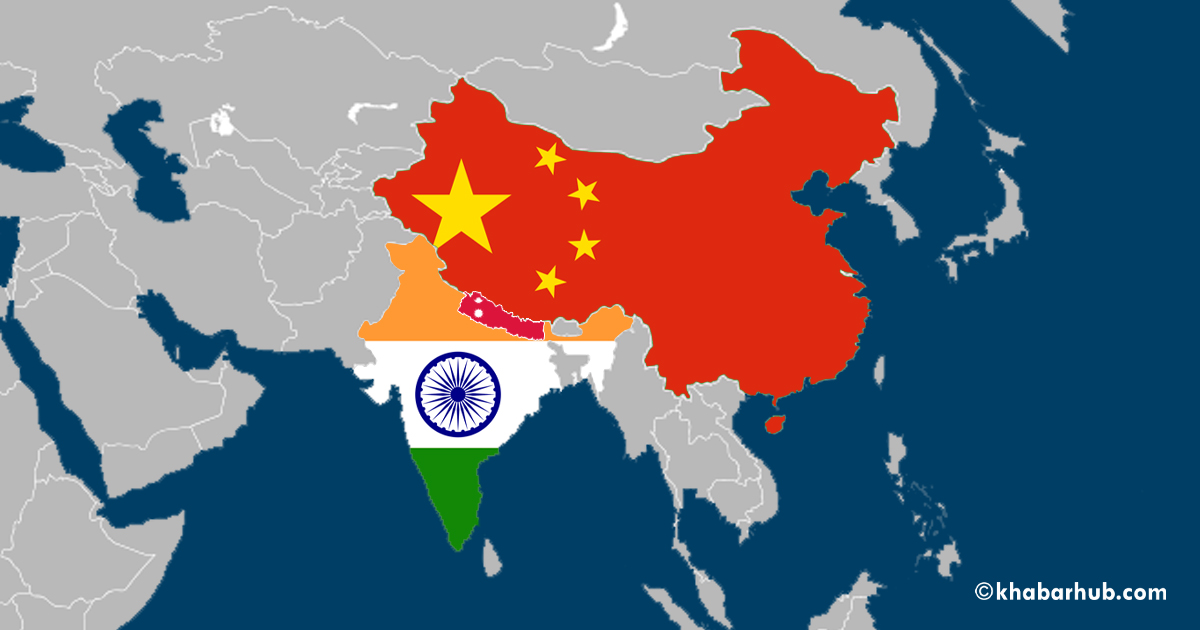NEW DELHI: India has made it clear to the Chinese side that peace and tranquility in border areas are essential for the development of the relationship between the two countries, Foreign Secretary Harsh V Shringla said, adding that Afghanistan and China remains a traditional security challenge.
Shringla was speaking on India’s foreign policy and its strategic imperative at JP Morgan India investor summit. He said the development of the India-China relationship can only be based on ‘three mutual’- mutual respect, mutual sensitivity and mutual interests.
Shringla further described the standoff with China and the situation in Afghanistan among traditional security challenges. “The situation in our neighborhood, particularly in Afghanistan, and with China on our eastern borders reminds us that while the new realities are making themselves felt, traditional security challenges remain,” he said.
The foreign secretary also said, “We have made it clear to the Chinese side that peace and tranquility in border areas is essential for the development of our relationship. The development of the India-China relationship can only be based on ‘three mutual’- mutual respect, mutual sensitivity and mutual interests.”
“An essential basis for the largely positive trajectory of India-China relations during the last 40 years has been the agreement between the two countries to ensure peace and tranquility in the border areas,” he added.
India and China have been engaged in a military standoff for almost a year but disengaged from the most contentious Pangong lake area last month after extensive talks at both military and political levels.
Shringla said that Chinese attempts over the last year to unilaterally alter the status quo in Ladakh have seriously disturbed peace and tranquility in the border areas. “Chinese attempts over the last year to unilaterally alter the status quo in Ladakh have seriously disturbed peace and tranquility in the border areas. These acts are in violation of our bilateral agreements and have inevitably impacted other aspects of the bilateral relationship,” he added.
Tensions at India-China border in eastern Ladakh continues to exist even more than a year after Galwan clash. Last week External Affairs Minister S Jaishankar met his Chinese counterpart on the sidelines of Shanghai Cooperation Organization.
Jaishankar told him that progress in the disengagement process in eastern Ladakh was essential for the restoration of peace and tranquillity and that it is the basis for the development of overall ties. Jaishankar also urged the Chinese counterpart to set an example of Asian unity.
Regarding Afghanistan, foreign secretary Shringla said, “India is also monitoring developments related to the humanitarian needs of Afghanistan. In UNDP’s assessment, there is an imminent threat of poverty levels rising in Afghanistan. There is also a threat of an imminent drought and a food security crisis.”
He said that it is important that the humanitarian assistance providers to be given unrestricted and direct access to Afghanistan. “It is also important that the distribution of humanitarian assistance be done in a non-discriminatory manner to all sections of the Afghan society,” he said. (ANI)









Comment